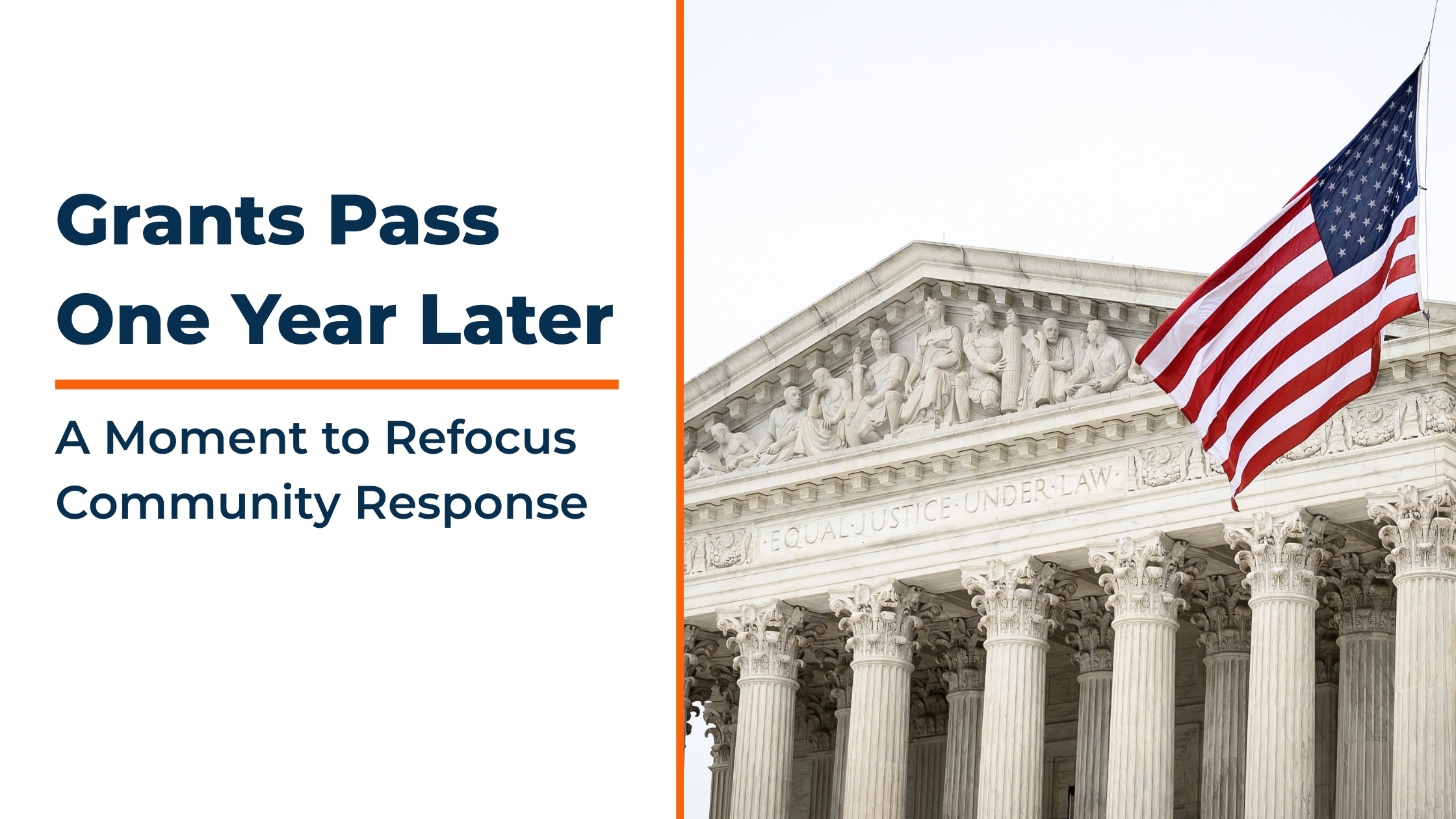By Ann Oliva and Deborah De Santis
It is challenging to create supportive housing, no matter where you are in the country. For people with extremely low incomes who also face disabilities or complex health challenges, providing supportive housing can be a multifaceted task. It necessitates a dual approach: combining housing assistance (such as rental subsidies) with tenancy support services. If these support services were covered under Medicaid, however, many more people could benefit from supportive housing, especially with Congress’s support.
The Role of Tenancy Support Services
Tenancy support services help clients find affordable rental units, understand their tenancy rights, address landlord and tenant issues, and establish connections to vital community services.
Tenancy support services, if recognized as a Medicaid-covered service, hold the potential to significantly increase the number of people who can benefit from supportive housing. But transitioning to a Medicaid model can pose challenges for local homeless services organizations, particularly given the prevalent issues of staff turnover and high caseloads due to inadequate funding levels. The process of navigating the labyrinth of complex and overlapping regulations for housing and services often hinders the alignment of services with independent housing. Federal action, however, can help simplify this process.
What Congress Can Do to Help
Our organizations, the National Alliance to End Homelessness and Corporation for Supportive Housing (CSH), have been diligently working on legislation to address these pressing concerns, especially the Housing Alignment and Coordination of Critical and Effective Supportive Health Services (Housing ACCESS) Act. The legislation was introduced by Senator Edward Markey (D-MA), the chair of the Senate’s Health, Education, Labor, and Pensions Subcommittee on Primary Health and Retirement Security Subcommittee and Senator Alex Padilla (D-CA), a member of the Senate Committee on the Budget. The Housing ACCESS Act would accomplish three important things:
- Align Resources. Within a year of enactment, the Secretary of the U.S. Department of Health and Human Services (HHS), in consultation with the Secretaries of the U.S. Departments of Housing and Urban Development and Treasury, would issue guidance to state Medicaid agencies, public housing agencies, Continuums of Care, and housing finance agencies. This guidance would facilitate the alignment of eligibility criteria and determination processes, ensuring that people receive housing and services through a simplified eligibility process.
- Support Providers. The Act would clarify how to use federal funds so local homeless service providers can develop the infrastructure needed to seek Medicaid reimbursement. Most homeless service providers lack the financial systems and information technology capacity required for Medicaid billing. The Act encourages providers to pursue reimbursement for supportive housing services from state Medicaid programs, and details how to access reimbursement and which federal funds to use for provider capacity-building grants.
- Determine Reimbursement Rates. The Act mandates a national study on the reimbursement rates necessary for tenancy support services and services provided by certified community behavioral health clinics and Federally Qualified Health Centers. This study will aid in establishing reimbursement rates that enable providers to offer living wages, reduce staff turnover, and ensure evidence-based case ratios.
Why This Act is Important
The Housing ACCESS Act boasts minimal costs and does not introduce new policies and programs, which makes it promising legislation for bipartisan support. Furthermore, the legislation is not solely aimed at people experiencing homelessness. Individuals with extremely low incomes and acute healthcare needs, including those unnecessarily institutionalized, exiting the justice system, or moving between licensed care settings and the streets, will all benefit.
While we celebrate the introduction of the Housing ACCESS Act, we recognize that this is only the beginning. We must rally additional Congressional cosponsors and seek endorsements from more organizations. For those of us committed to ending homelessness, the prospect of enacting the Housing ACCESS Act is thrilling. Aligning housing and services resources at the system level could usher in a transformative era, significantly reducing chronic homelessness and unnecessary institutionalization.
Ann Oliva is Chief Executive Officer at the National Alliance to End Homelessness. Deborah De Santis is President and CEO at CSH.




